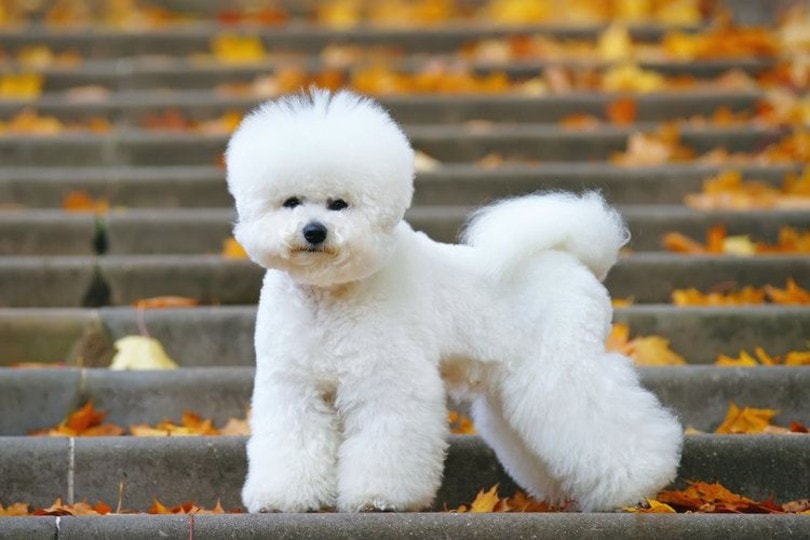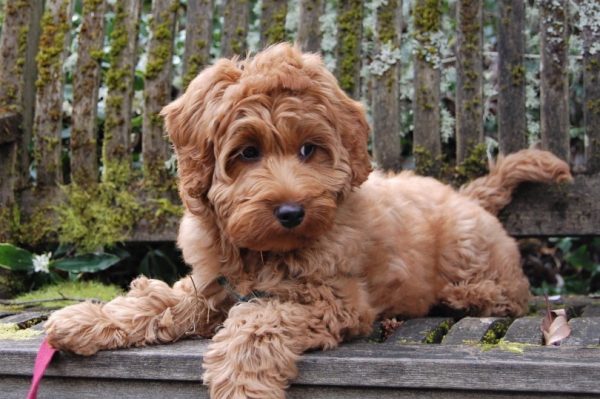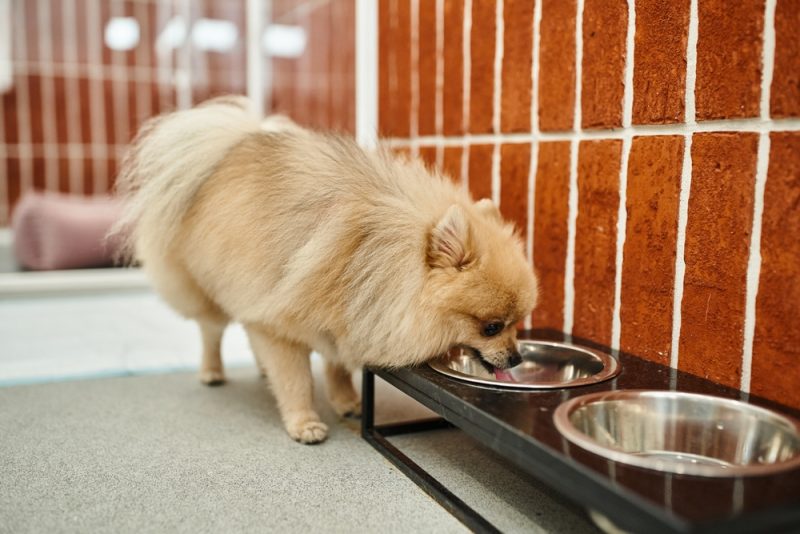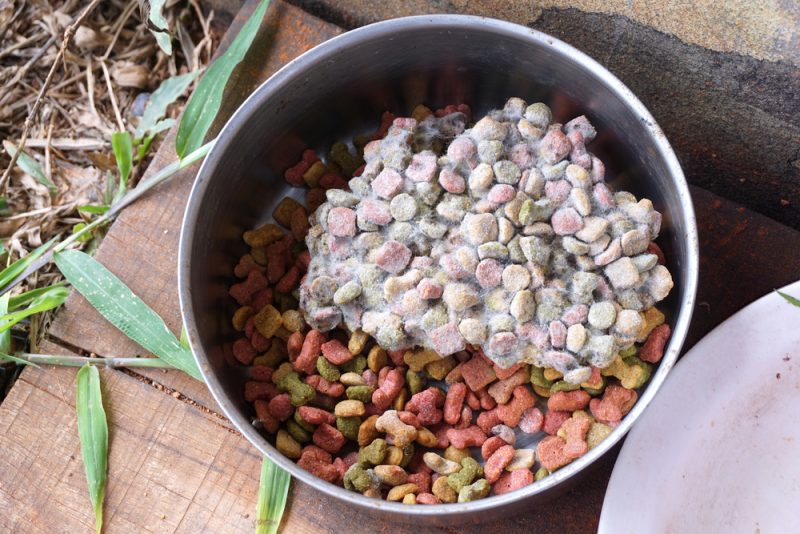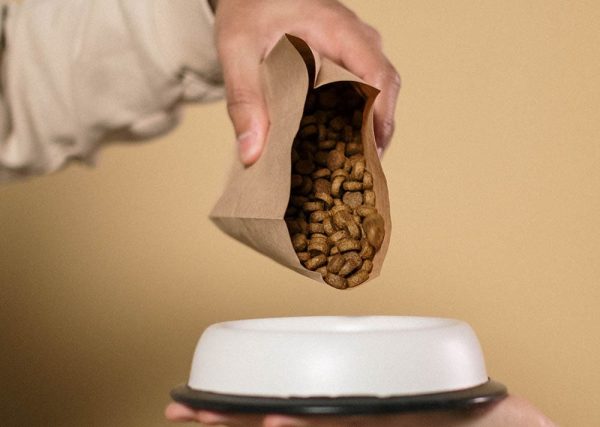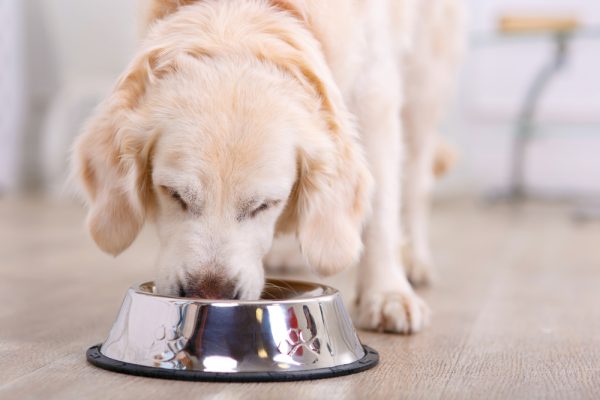In this article
The Bichon Frise is probably one of the most adorable dogs you will meet. Their small size belies their big personalities that have captured many people’s hearts. The breed has had a tough history through the ages. It suffered a toll during the French Revolution and two world wars. Yet, this pup is a survivor. It’s no wonder the breed has such a loyal following in the United States and abroad.
However, every pet has their pros and cons. After all, you are dealing with a living animal, so there’s bound to be a few surprises. Educating yourself about the good and bad factors will help ensure you find a dog that is a good fit for your family and lifestyle. Let’s discuss what you can expect if you invite a Bichon Frise into your life.

The 8 Bichon Frise Pros
1. The Bichon Frise Is an Affectionate Pet
Unsurprisingly, the Bichon Frise endeared itself to many people who encountered the breed. Of course, it’s hard not to lavish attention on a sweetheart like this pup. Love begets love, and this pooch stepped up to the plate as one of the most affectionate pets you will ever have. This little guy adores his family and won’t hesitate to show it. Get ready for lots of puppy kisses with this dog!
2. This Pup Is Suitable for First-Time Pet Owners
The Bichon Frise is an adaptable animal. The breed’s history ensured that trait. It also is significant when it comes to training and a pet’s eagerness to please. First-time pet owners will have an easier job on that front with this breed. We could almost say it’s a hard-wired part of their behavior. You will likely find the Bichon is infinitely easier to train than more challenging pets, such as the Beagle or Siberian Husky.
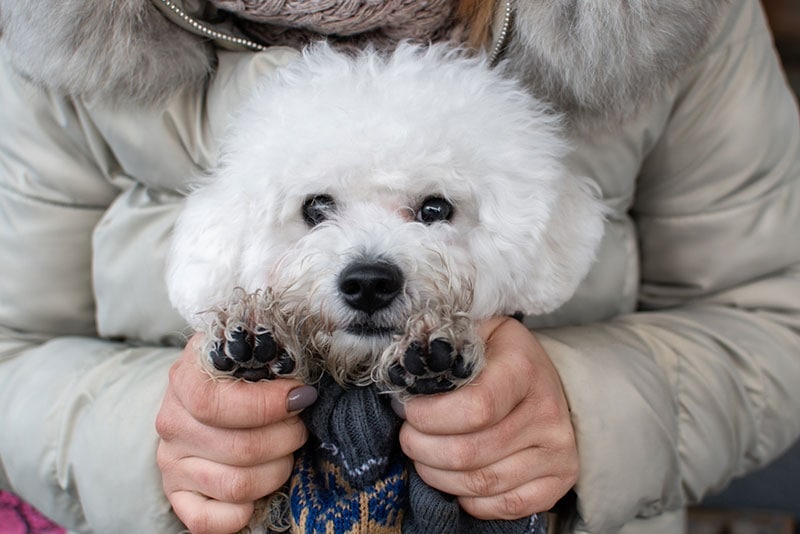
3. The Bichon Is Kid-Friendly
Being a beloved family member has its perks. You’ll see proof of how kid-friendly the Bichon is. This dog is playful, so it’s a perfect match. Don’t let their small size fool you. This pooch can keep up with the action. However, we recommend supervising playtime with small children and teaching them to respect the pet’s space.
4. The Breed Doesn’t Shed Much
One of the reasons many pet owners consider the Bichon is because it doesn’t shed seasonally like many dogs, such as the Samoyed. Nevertheless, that’s not synonymous with hypoallergenic. Unfortunately, that’s only a myth. Dead skin flakes or dander is often the trigger for allergic reactions in people, not hair. Luckily, Bichons won’t have you reaching for a lint roller.
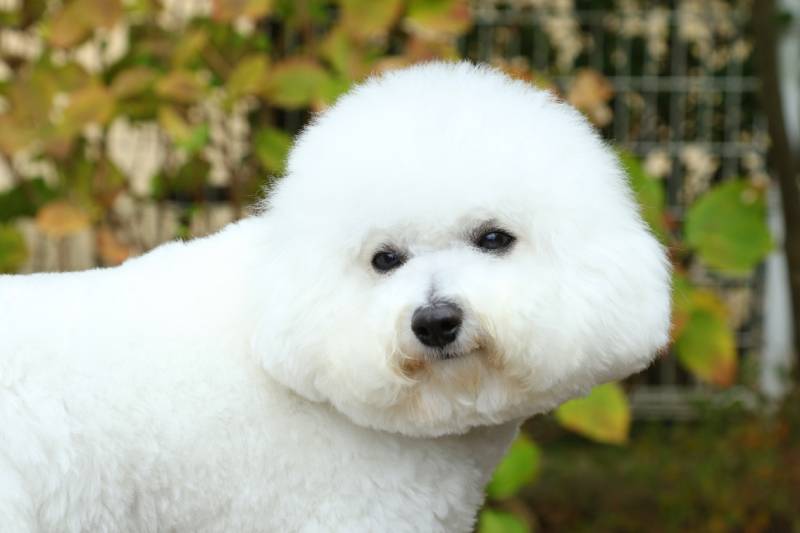
5. The Dog Is a Good Choice for Apartment Dwellers
The breed’s adaptability and small size make it an ideal companion for apartment dwellers. Sharing the same building with others sometimes means changes in the routine. The Bichon Frise will do well even under these circumstances. It’s also worth noting that many property managers set size limits on dogs. This breed fits in just fine at under 20 pounds.
6. The Bichon Gets Along With Other Dogs
The breed’s history took the dog to many places with many different scenarios. That fueled its adaptability. It also paved the way for the Bichon to get along with other pets, including cats and dogs. Of course, proper socialization is imperative. However, at least you’re starting with a dog that has this trait in their genes.
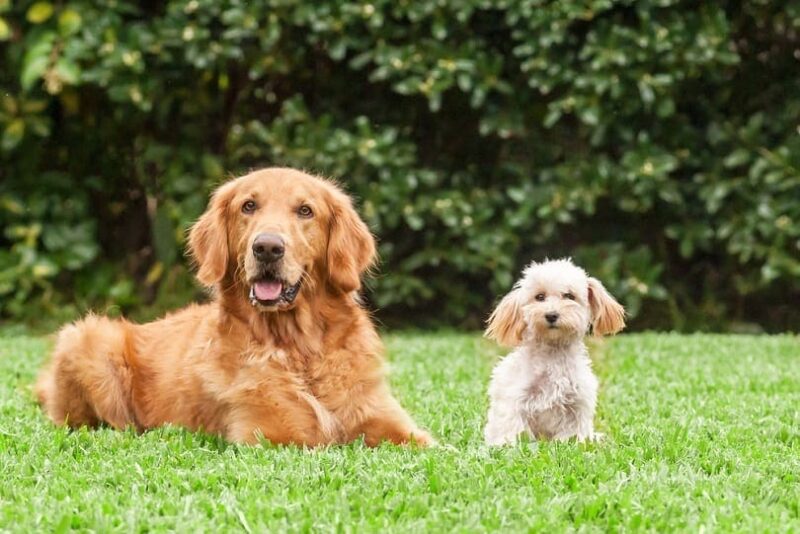
7. The Bichon Likes People
The Bichon’s history also comes into play with strangers. This breed seems to like everyone. They were pampered in their early days, paving the way for good canine manners and acceptance of other people. That characteristic is on full display today, particularly with dogs that are exposed to new situations and people early in life. It’s also vital for preventing some unwanted behaviors.
8. This Breed Puts on a Show
The Bichon Frise is a natural on the stage. The dog’s intelligence served them well as a street entertainer and circus performer. They know how to get attention and win the hearts of anyone. That trait comes to the forefront when it comes to training. This one is an excellent choice for pet owners who want a dog that can learn a variety of tricks.
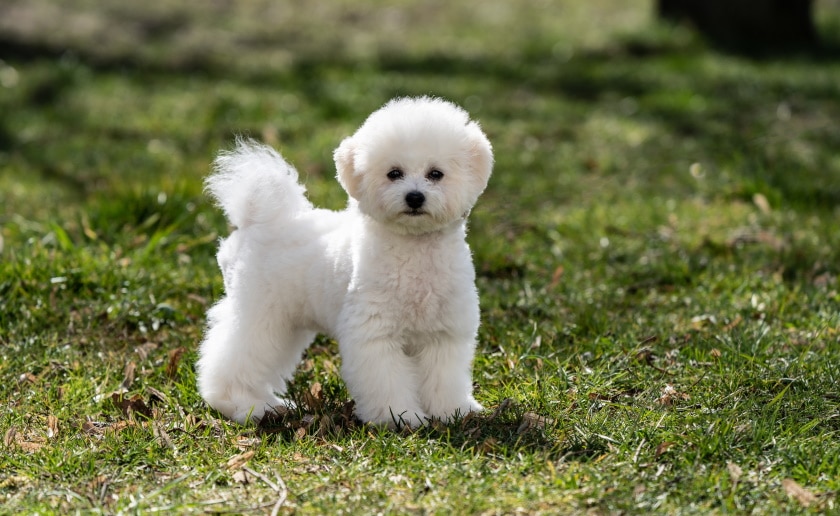

The 7 Bichon Frise Cons
1. The Bichon Is Sometimes Highly Energetic
It’s not surprising that the Bichon Frise would be an active animal. The breed’s life history speaks to this fact. They can get excited when playing with the kids. They also tend to be nippy, especially as puppies. You should start training your pet early to avoid developing unwanted behaviors and becoming overexcitable.
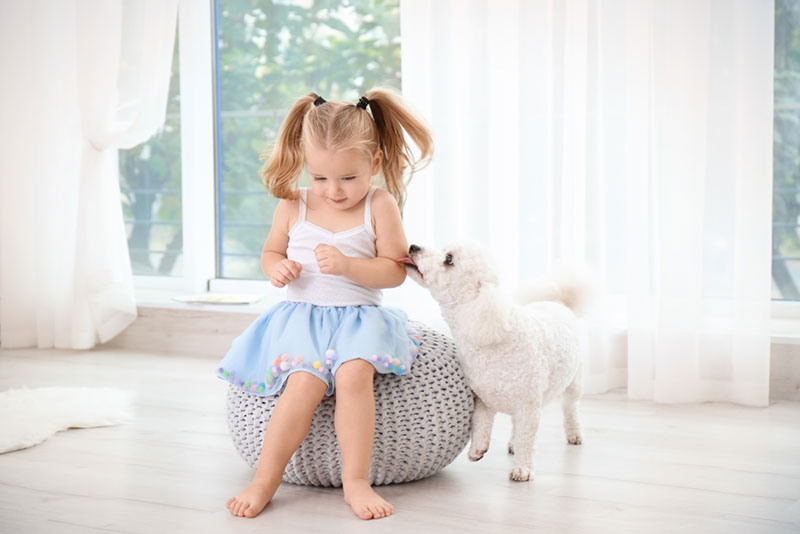
2. They Can Be Vocal
Many small breeds seem to have a lot to say. The Bichon Frise is no exception, although they aren’t as vocal as Pomeranians or Rat Terriers. Nevertheless, we suggest monitoring this behavior, especially in energetic pets. It’s also essential not to reward excessive barking. Some pets learn that it can get them what they want. We recommend not setting that precedent.
3. Regular Grooming Is Essential
The Bichon Frise has a coarse outer coat and a dense undercoat. Its thickness means regular grooming to prevent mats and skin conditions. Many people keep their pets’ coats trimmed in a puppy coat to make this task easier. However, it’ll still mean regular trips to the groomer or learning how to do it yourself.
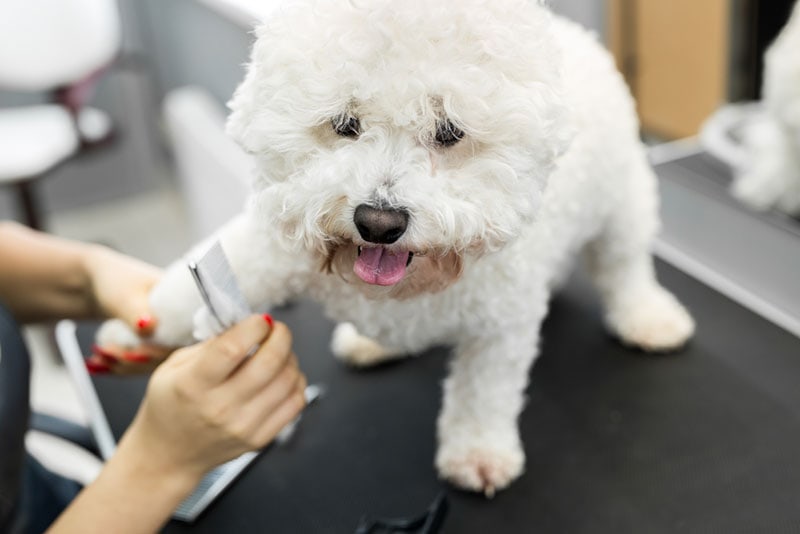
4. The Bichon Frise Can Be Willful at Times
Some animals become demanding at times or refuse to obey. Nurturing a strong bond between you and your pet can go a long way toward keeping a stubborn streak in check.
5. The Bichon Is a Sensitive Animal
The other side of that coin is a sensitive pet. That describes the Bichon Frise to a T. They may act naughty at times but don’t want the consequences that come from it. You still have to be the boss. However, positive reinforcement is a much more effective way to train your pet than harsh words or scolding.
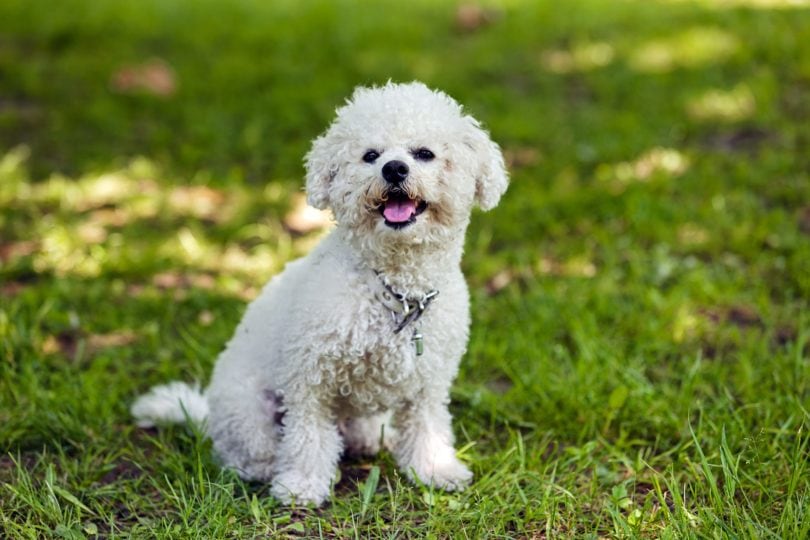
6. The Bichon Doesn’t Like Being Alone
The Bichon Frise is like many breeds with a penchant for developing separation anxiety. It’s one of the most common behavioral problems. It’s essential to understand there’s a genetic component to it, making it outside of your pet’s control. We strongly urge you to reconsider choosing a Bichon Frise if you know your dog will be alone for long periods during the day.
7. The Breed Is Prone to Some Health Issues
All breeds have some health issues. The ones that you may see in the Bichon Frise are common among many smaller dogs. The Orthopedic Foundation for Animals (OFA) recommends screenings for patellar luxation and hip dysplasia in the Bichon Frise. The organization also suggests annual eye exams and cardiac evaluations for these dogs.
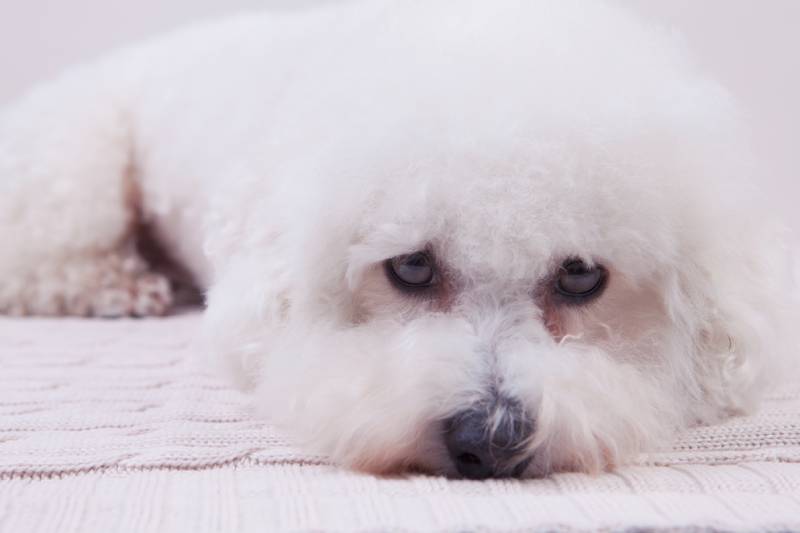

Final Thoughts
The Bichon Frise is an adorable pup that is sure to make you laugh and fall in love at first sight. However, like any pet, the breed has its good and not-so-good points. As a potential dog owner, it behooves you to learn both sides of the story. Remember that many items on our list are also environmentally dependent. How you train and raise your pup can profoundly impact their behavior.
Related Reads:
- How Much Exercise Does a Bichon Frise Need? Vet-Reviewed Advice
- 15 Surprising Bichon Frise Facts to Know
Featured Image Credit: Eudyptula, Shutterstock
